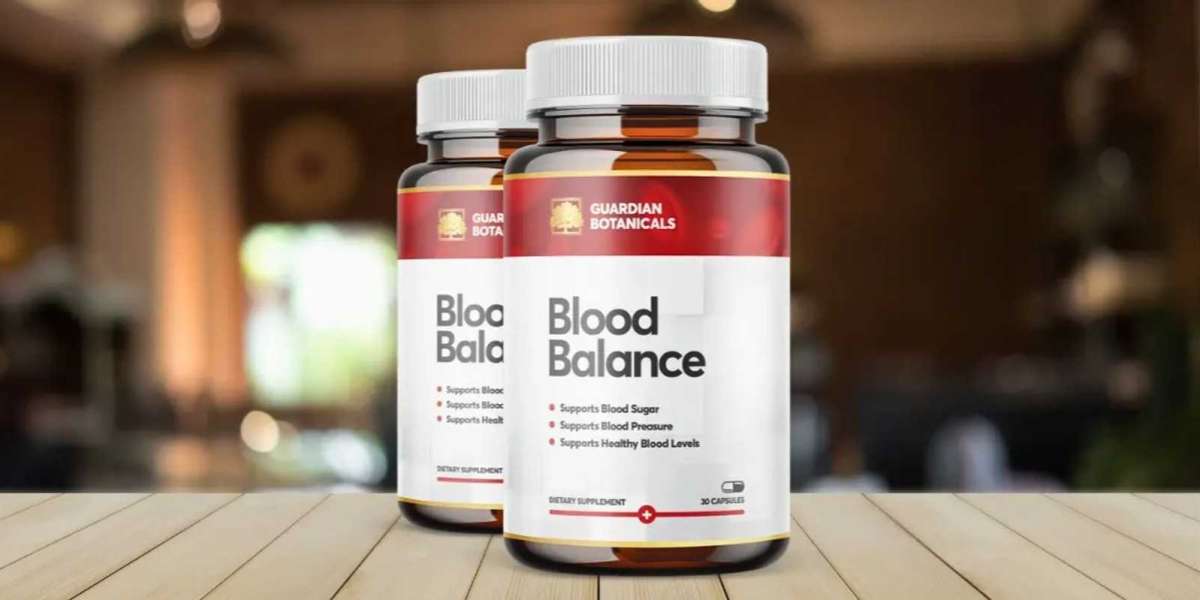Aluminum foil is a versatile material widely used in various industries, from packaging and food service to insulation and manufacturing. Among the different types of aluminum foils available, 8021 aluminum foil stands out for its unique properties and broad range of applications. This article explores the characteristics, uses, and advantages of 8021 aluminum foil.
Characteristics of 8021 Aluminum Foil
Material Composition: 8021 aluminum foil is made from an alloy primarily composed of aluminum with small amounts of manganese and iron. This composition gives it specific properties that make it suitable for various applications.
Thickness: 8021 aluminum foil is available in a range of thicknesses, typically from 0.006 inches (0.15 mm) to 0.020 inches (0.5 mm). The thickness chosen depends on the specific requirements of the application.
Surface Finish: The surface finish can be smooth, matte, or textured, depending on the intended use. Smooth finishes are common for packaging and food applications, while textured finishes may be used for decorative purposes.
Corrosion Resistance: 8021 aluminum foil has excellent corrosion resistance, making it suitable for use in environments where exposure to moisture, chemicals, or other corrosive agents is common.
Formability: This type of foil is highly formable and can be easily cut, shaped, and molded into various forms without tearing or cracking.
Benefits of Using 8021 Aluminum Foil
Barrier Properties: 8021 aluminum foil provides excellent barrier properties against moisture, gases, and light. This makes it ideal for packaging applications where preserving the freshness and quality of products is crucial.
Heat Resistance: It can withstand high temperatures, making it suitable for baking, cooking, and food preparation. It does not release harmful substances when heated, ensuring food safety.
Flexibility: The material is flexible and can conform to irregular shapes, making it easy to wrap and seal products.
Lightweight: 8021 aluminum foil is lightweight, which reduces transportation costs and makes it easier to handle.
Recyclability: Like all aluminum products, 8021 aluminum foil is 100% recyclable, making it an environmentally friendly choice.
Applications of 8021 Aluminum Foil
Packaging: One of the primary uses of 8021 aluminum foil is in packaging. It is used to wrap and protect food products, pharmaceuticals, and other sensitive items. Its barrier properties ensure that the contents remain fresh and protected from external contaminants.
Food Service: In the food service industry, 8021 aluminum foil is used for cooking, baking, and food storage. It is commonly found in kitchens, restaurants, and catering services.
Insulation: The high thermal conductivity and heat resistance of 8021 aluminum foil make it suitable for insulation applications. It is used in HVAC systems, building insulation, and reflective barriers to reduce heat transfer.
Electronics: In the electronics industry, 8021 aluminum foil is used for shielding and grounding purposes. Its ability to block electromagnetic interference (EMI) and static electricity makes it valuable in electronic devices and components.
Medical and Pharmaceutical: The sterile and non-reactive nature of 8021 aluminum foil makes it suitable for medical and pharmaceutical applications. It is used for packaging sterile medical supplies, drug blister packs, and other healthcare products.
DIY and Craft Projects: For DIY enthusiasts and crafters, 8021 aluminum foil is a versatile material that can be used for a variety of projects, including jewelry making, sculpture, and decorative items.
Choosing the Right 8021 Aluminum Foil
When selecting 8021 aluminum foil for your project, consider the following factors:
Thickness: Choose a thickness that provides the necessary strength and barrier properties for your application. Thicker foils are more durable but may be less flexible.
Surface Finish: Select a surface finish that meets your aesthetic and functional requirements. Smooth finishes are common for packaging and food applications, while textured finishes may be preferred for decorative uses.
Application Requirements: Consider the specific needs of your application, such as temperature resistance, chemical resistance, and formability. Ensure the foil meets all the necessary criteria to perform effectively.
Conclusion
8021 aluminum foil is a high-performance material with a wide range of applications. Its excellent barrier properties, heat resistance, flexibility, and recyclability make it a valuable choice for packaging, food service, insulation, electronics, and more. By carefully selecting the appropriate thickness and surface finish, you can ensure that 8021 aluminum foil meets the specific requirements of your project and delivers outstanding results.








